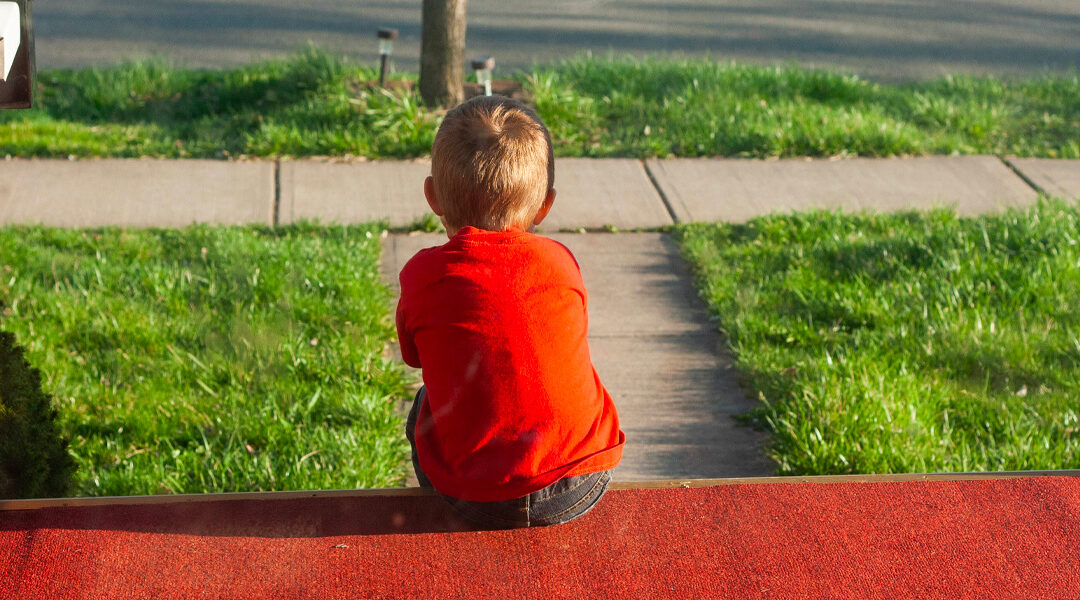Whenever foster children experience visits with their biological parents, an avalanche of emotions and reactions will surface—or at least be present below the surface. While some of these visits go well and the child feels happiness, comfort, and hope when they’re over, sometimes things go sideways. Visits with moms and dads can trigger a rollercoaster of negative and even destructive emotions—like anger, resentment, guilt, grief, or sadness.
If your foster child’s visit is a complete disaster and you’re left with a child who is hurting, how can you help them process their emotions and help guide them to a place of safety and relief? Let’s explore nine ideas that have helped other foster parents facing this challenge.
- Have a Plan for Afterwards—Maybe going straight home isn’t the best option for your child. Perhaps they need to decompress on a familiar playground and get out some pent-up energy or stress. Perhaps there is one specific restaurant or drive-thru they can look forward to that can add structure and serve as a post-visit routine.
- Debrief with the child—Create space for your child to express how they are feeling. Listen well, and don’t try to steer the conversation in any direction if they just need to vent. Keep the conversation open-ended and judgment-free.
- Validate Emotions—Your child might feel sad, angry, or even guilty after the visit, especially if it didn’t go as hoped. Reassure them that it’s normal to feel a mix of emotions and that it’s even okay to feel sad about saying goodbye. It shows how much they care about each other.
- Offer Reassurance and Support—Make certain your child knows that they are safe in your care and that they can come to you with any emotions they are sorting through. You are there to support them, and understand that visits can be tough experiences.
- Document the Visit—If the visit was particularly challenging, record details of what happened and how, including any concerning behaviors or statements made during the visit.
- Communicate with the Social Worker—Discuss your concerns and observations about the visit with your social worker and consider next steps and potential adjustments to your current visitation plan.
- Avoid Criticizing the Birth Parents—Regardless of any negative emotions expressed from your foster child, avoid making critical comments about the birth family. Keep the focus on supporting your child through their emotions.
- Consider Professional Support—If you notice that your child is struggling significantly after their visits, consider reaching out to a therapist or counselor for extra support.
- Care for Yourself—Visits can be draining, especially if they bring up feelings about the child’s biological family or your role as a foster parent. If necessary, consider talking to a therapist, journaling your thoughts, or leaning on a support group for foster parents.
Visits with biological parents often stir up a flurry of hurts and disappointments for foster kids. It’s heartbreaking to watch their hearts torn up and difficult to respond calmly and patiently. Sometimes the parents simply don’t show up and you’re left with forlorn faces or maybe even tears. This is where your strength and resilience can model hope and love to the hurting kids placed in your care. Seize this opportunity to let them know you care and they’re not alone.














